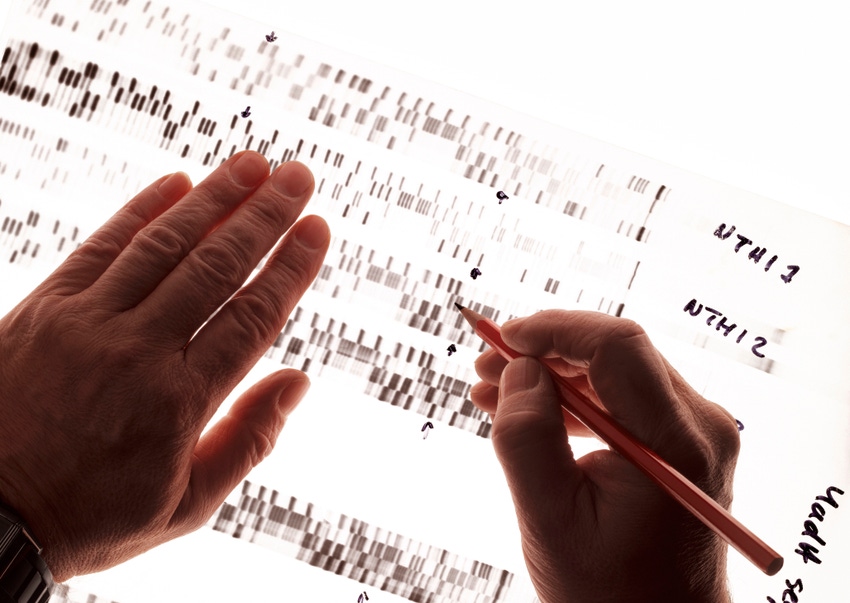
Connects decision-makers and solutions creators to what's next in quantum computing
Quantum Demonstrates Promise for Genome Treatment
NTT Data researchers prove a hybrid approach is effective for health care and life sciences

Researchers have used quantum computing to optimize genome sequencing and assembly, providing information that could be used to develop new treatments and therapies to target underlying genetic causes of disease.
IT services provider NTT Data compared using quantum and non-quantum computing approaches for genome assembly in an environment that simulated real-world conditions. The team of scientists could identify genetic variations associated with certain illnesses and conditions through someone's genomic sequencing and genome assembly.
For the quantum approach, the scientists used quantum annealing technology with D-Wave’s superconducting qubit-based quantum computers. They compared this with a classical approach that used well-established optimization techniques based on measuring computational efficiency, accuracy and scalability indicators.
Both approaches used the same reference dataset, a synthetically generated genome sequence of a type of virus known as bacteriophage.
The results showed that while purely quantum approaches are challenging to scale, they offer a substantial improvement in processing time depending on the problem size, from exponential in traditional systems to almost linear in quantum systems.
A hybrid, classical-quantum approach, with technology such as D-Wave’s, can compete with traditional techniques as it can find optimal solutions for all scenarios, including the largest ones. These results suggest that quantum computing may be a viable alternative to classical methods for solving large optimization problems in biology, health, and other areas.
“This concept test is the first of its kind in using quantum technologies in the Healthcare industry,” said NTT Data head of pharma and life sciences David Montal and project lead Jose Aznar.
“Although the use of quantum technologies is still in its early days, their applicability in the medium and long term will be decisive in fields such as genomics, digital image processing and real-time health data analytics where efficiency and processing capacity is key.”
About the Author(s)
You May Also Like
.png?width=100&auto=webp&quality=80&disable=upscale)
.png?width=400&auto=webp&quality=80&disable=upscale)




